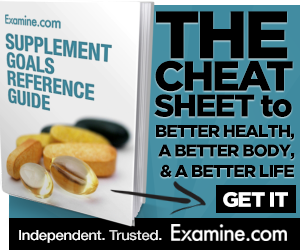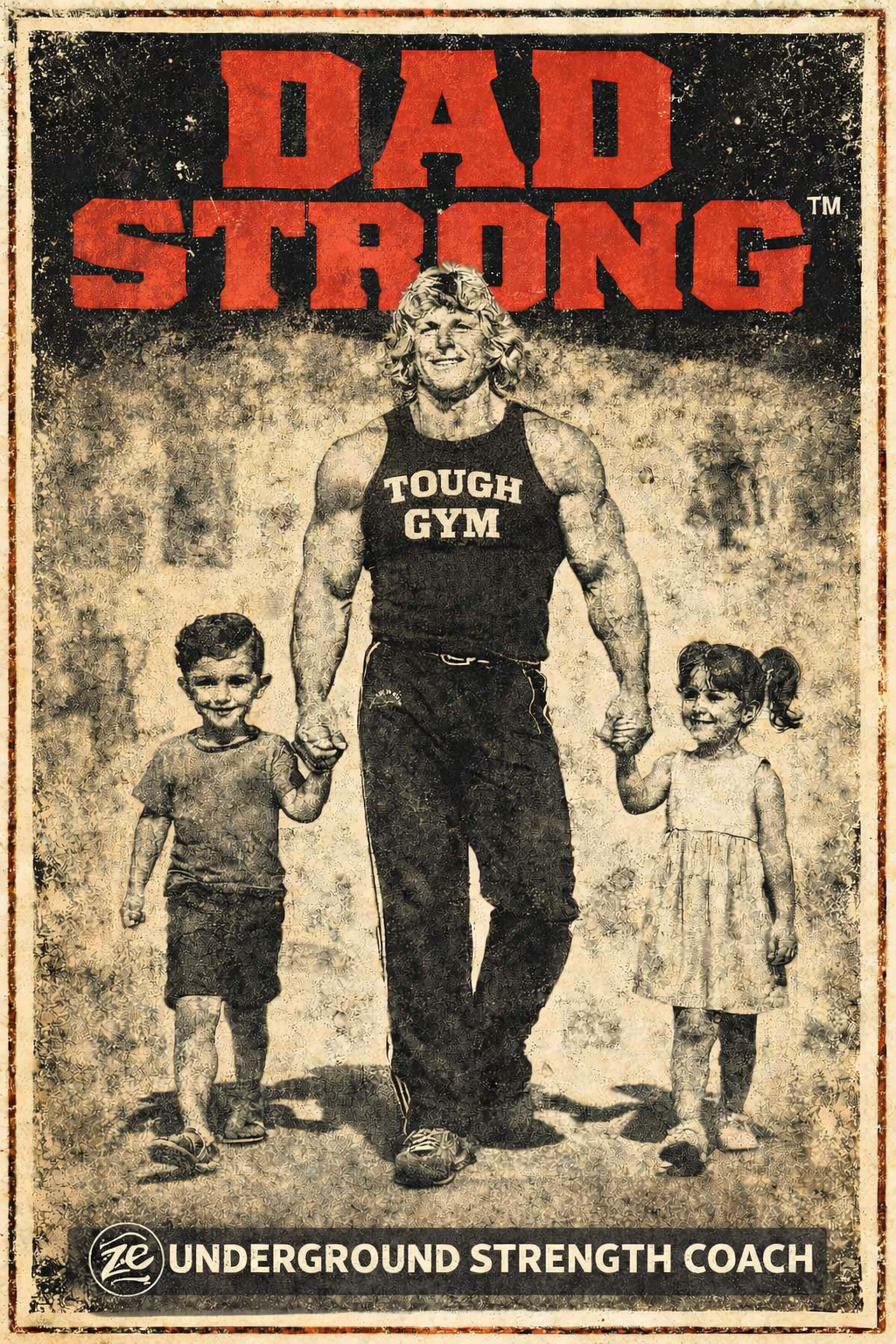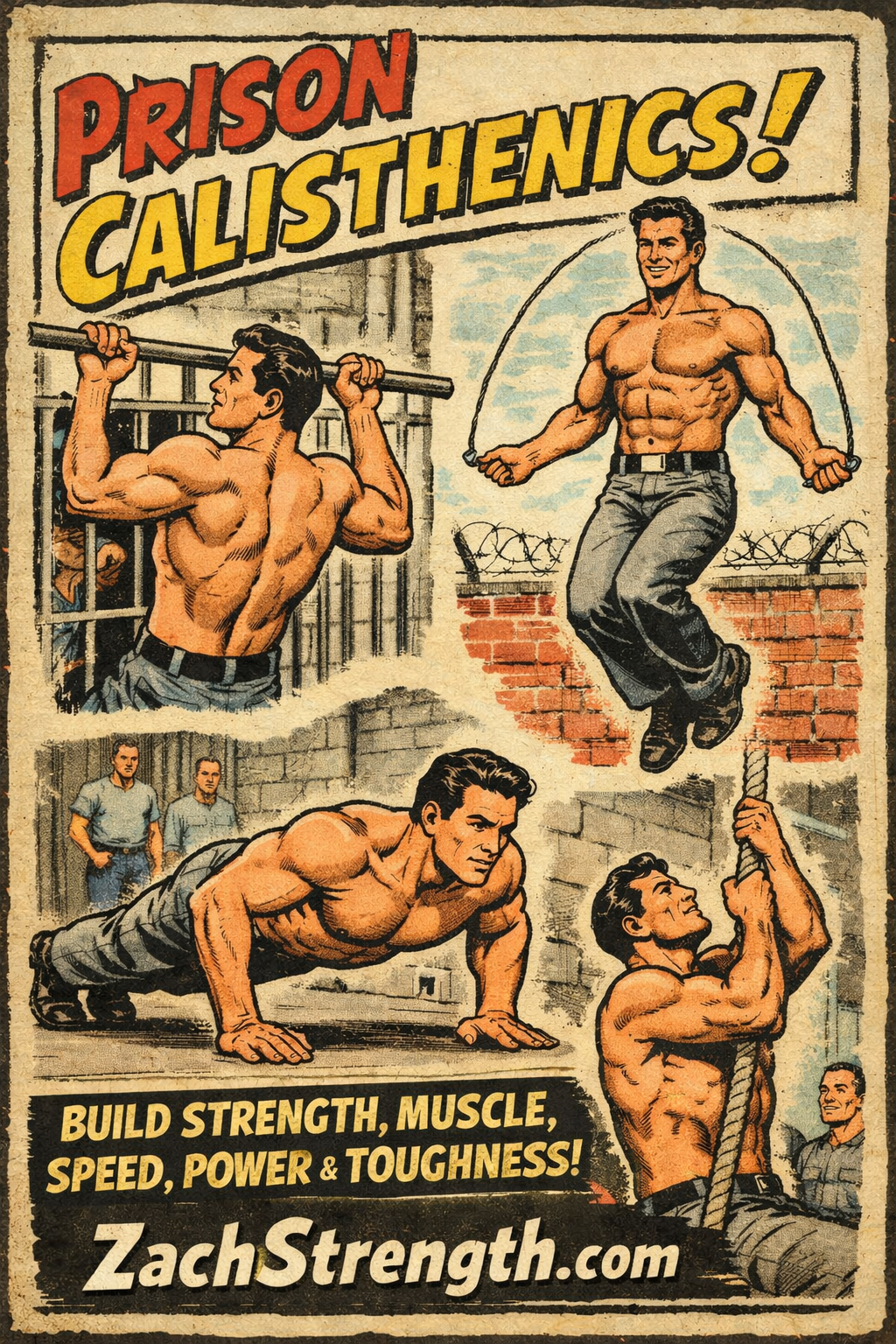Guest Blog From Dr. Spencer Nadolsky
If you've been following my almost daily e mails I have spoken about my changes in nutrition, my blood work, my health and my supplementation. My lifestyle is changing a bit as well and so are my goals regarding life, business and overall how they relate to me living a better quality life and doing greater things for my family and people in general.
I've gotten a shyt ton of questions regarding the supplements I am on as I used to be BIG time against supplements of ALL types. The typical questions are those asking me if the supplements they are using are legit, if I use them myself, etc
I can give my experiences with my own nutrition changes and supplementation but with the countless brands out there I have NO clue what is legit and what isn't legit anymore. It's serious a shame. When I was a regular supplement user I used EAS which was then owned by Bill Phillips and my buddy Shawn Phillips. It was ALL top notch.
Today, it seems like the 16 year old from down the street can throw some powder in a bottle, slap a sticky note on it and it gets put on the shelves of GNC.
With that being said, rather than try to research all this myself, I called upon a trusted source to deliver the truth behind the most popular question I keep getting: "Are testosterone boosters legit and do they work?"
This article is from Dr. Spencer Nadolsky at Examine, creators of The Supplement Goals Reference Guide
The Truth About Testosterone Supplements
Testosterone is, and always will be, a hot topic for men and athletes around the globe. Beyond its myriad of benefits related to cognition and development, testosterone is known to promote muscle protein synthesis and muscle growth. It is concentration-dependent, meaning more of the molecule will result in more of the effect. For these reasons, testosterone is a vital component of any steroid cycle.
Its popularity has created an entire supplement category of testosterone boosters, which aim to increase testosterone levels in the blood in order to promote lean mass gain and fat loss.
There are two ways that supplements can increase testosterone. Some affect testosterone levels directly while others can prevent unnecessary reductions. This is called ‘boosting’ and ‘attenuating deficiencies’. Both cause a relative increase in testosterone levels, but their efficacy is very different.
Testosterone Boosting
Testosterone boosting supplements tend to be a variety of herbs or amino acids. This category includes tribulus terrestris, fenugreek, anacyclus pyrethrum and D-aspartic acid.
These supplements are either outright ineffective, as is the case with tribulus terrestris, or they may cause a temporary increase in testosterone levels, which eventually normalize. Even then, the increase is marginal and of no actual use.
Testosterone boosting herbs tend to be traditional medicines for male enhancement and vitality. Though they do act as general mood or libido enhancers, testosterone levels are unaffected. Since an effect is still felt after supplementation, testosterone boosting herbs continue to be sold in supplement stores.
D-aspartic acid, on the other hand, does increase testosterone, but only for about two weeks. At that point, testosterone levels return to normal. This temporary increase doesn’t last long enough to have appreciable effects on muscle mass.
All over-the-counter testosterone boosters are lackluster in their effects.
Testosterone deficiencies
There is a grey area in testosterone levels known as a subclinical testosterone deficiency. This means testosterone levels are not low enough to impair daily function, but they are not at the optimal level.
An optimal level of testosterone in the body is 230-1000ng/dL, while a subclinical deficiency is in the 230-300ng/dL range. An actual deficiency, which qualifies for testosterone replacement therapy, occurs at levels of 230ng/dL and below.
A subclinical deficiency can often be eliminated through diet changes. Once diet fixes are made, testosterone can rise by up to 40%.
While a lack of dietary fats and proteins will theoretically result in reduced testosterone, this is not a practical concern.
A diet lacking zinc or magnesium, on the other hand, will result in a measurable drop in testosterone levels. Supplementing these micronutrients will restore your testosterone to normal levels, but additional supplementation will not continue to elevate testosterone. Vitamin D may also play a role in supporting testosterone levels.
These supplements are effective at raising testosterone levels, but only to a minor degree and only in people lacking a specific dietary component.
______________________
For More Info On Which Supplements Work / Don't Work, Which Ingredients Are Legit / Dangerous / Safe / Effective.... The Supplement Goals Reference Guide Is An Unbiased Reference Guide to Save You Time, Money, Energy & Most of All, It's About Your Health





8 Responses
With D-aspartic acid will it only work if the dosing continues past two weeks or is it a matter of body saturation? I would believe that your body uses instead of storing therefore you would need to continually supplement to maintain. The range has always confused me since it doesnt place a health range per age. I get the peak when younger then a steady decline with age but what is the optimal range for a 38yo or where do you look? Three years ago I started requesting my testosterone check with yearly physicals(that was like pulling teeth to get) and seem to be steady at 330.
Thanks for the info!
I wish I had all the money I have spent in the past 20yrs on this crap. Nice respectful review.
Jim when I was in my 20s I used meal replacements, phopshagen, vitamin c, multi vitamin, vitamin e, d and calcium
ALL basic
I am back to basics, higher doses of D and magnesium and some other stuff.
Also back on protein supps to keep feeding the body!
I have been using Opti-men from ON for the oast few years. This and eating lots of steak has my Testosterone on point!
I guess most people in their 20s should not even dream about T Boosters or other enhancement.
As Zach always says, if you stick to the nutritional basics like whole eggs, red meat, fish and milk you are going to be fine! No need for some horseshit wrapped in a fancy plastic box.
This article is spot on right. Thanks a lot.
Tony, in your 20s your T levels should be sky high, BUT, this is NOT the case for most!
High T Levels on someone will also see this in their lifestyle:
– 8-9 hrs sleep ea night
– heavy lifting 3 x week
– active lifestyle 5 x week
– regular sex life (3 x week)
– eat plenty of healthy fats and proteins AND adequate calorie intake
– avoiding high stress lifestyle
– supplementing with a solid multi vitamin, extra vitamin c, d, magnesium
Awesome Article Zach!
I am 52 and have recently tried supplementing with DAA. The first couple of weeks I did notice a big difference in the way I felt and in some regards felt like a young man again but the effects disappeared after two weeks.